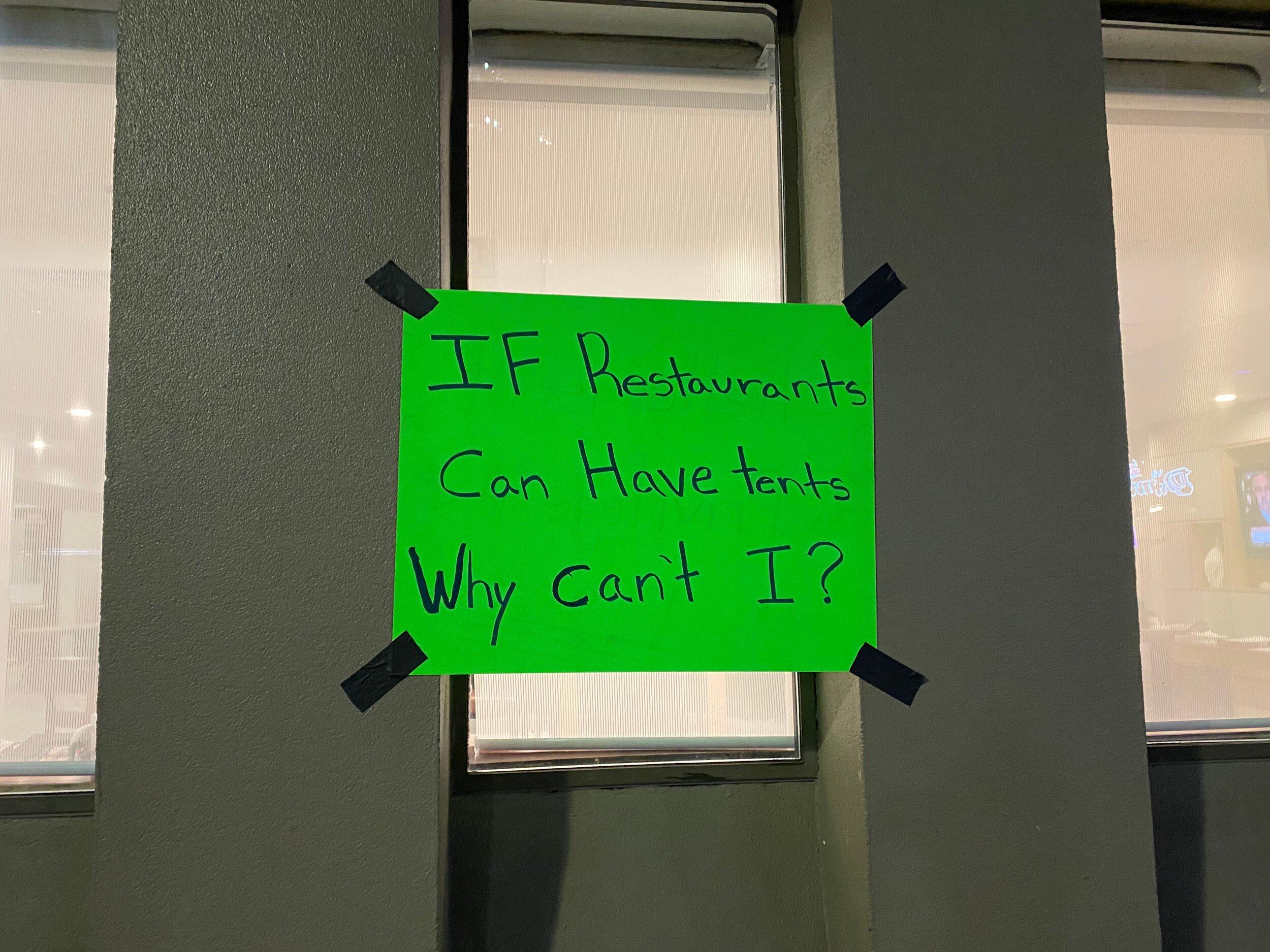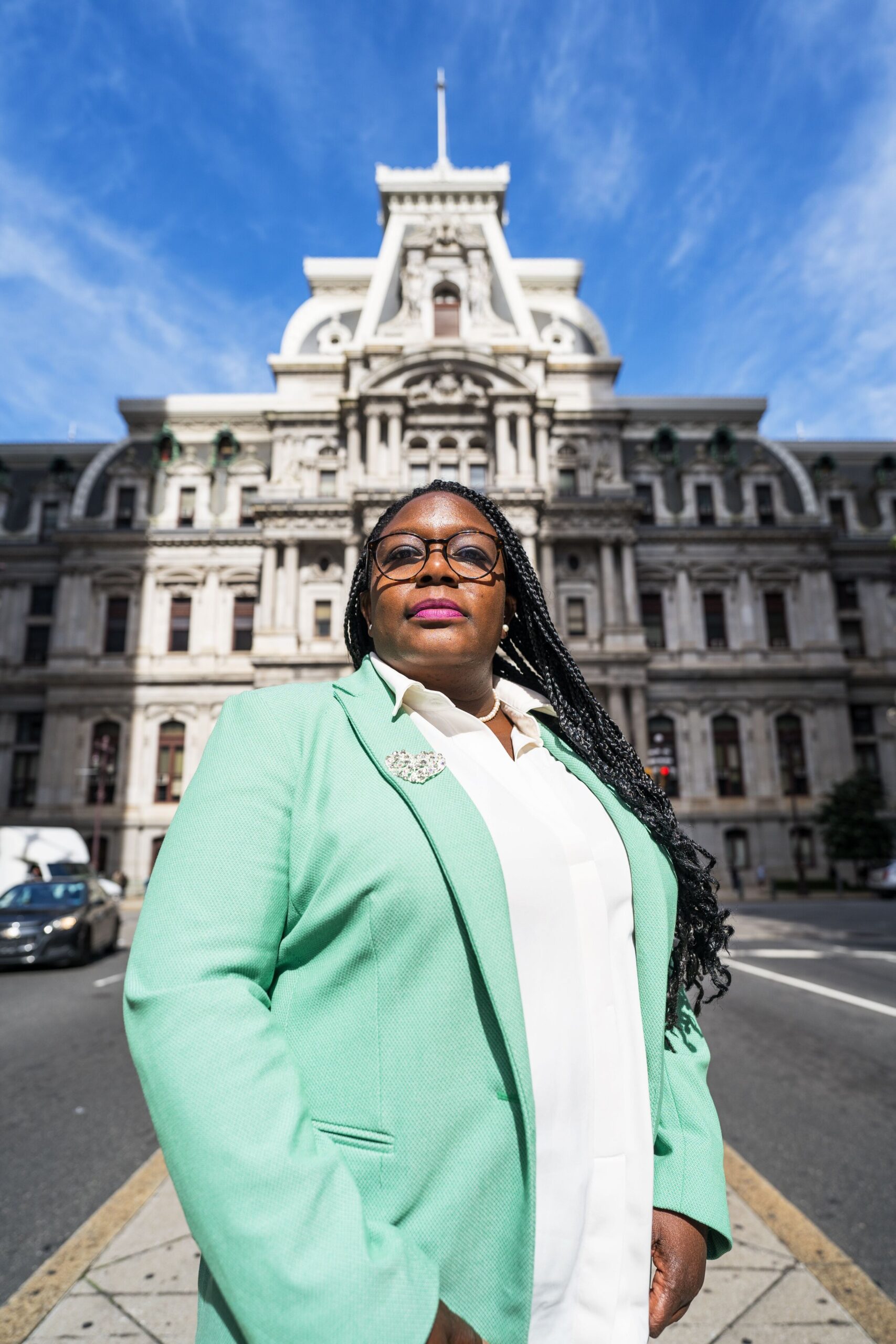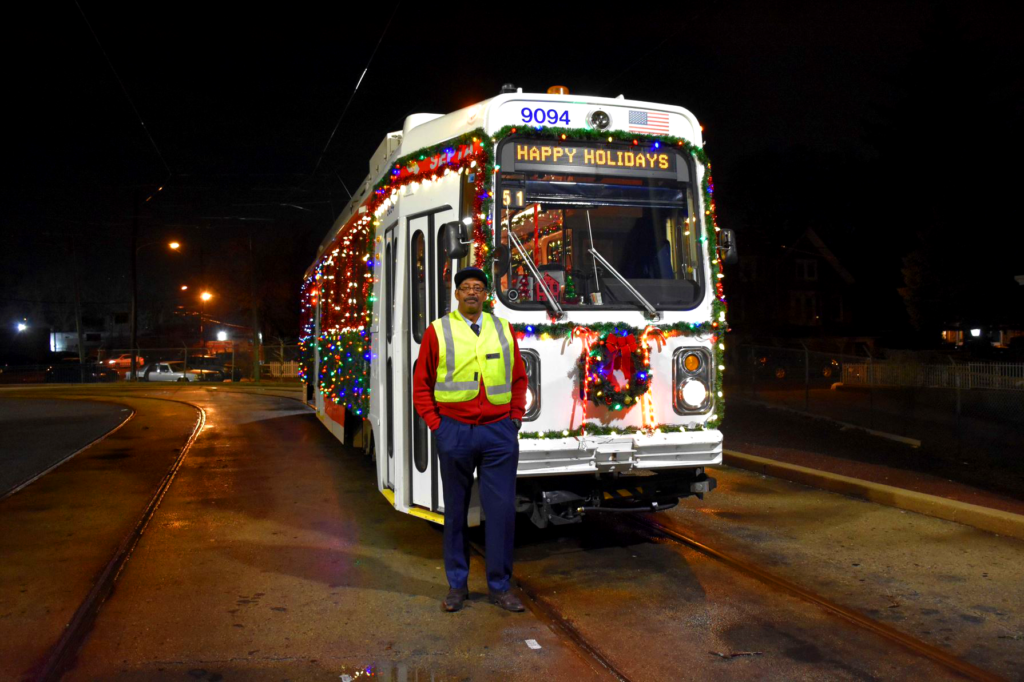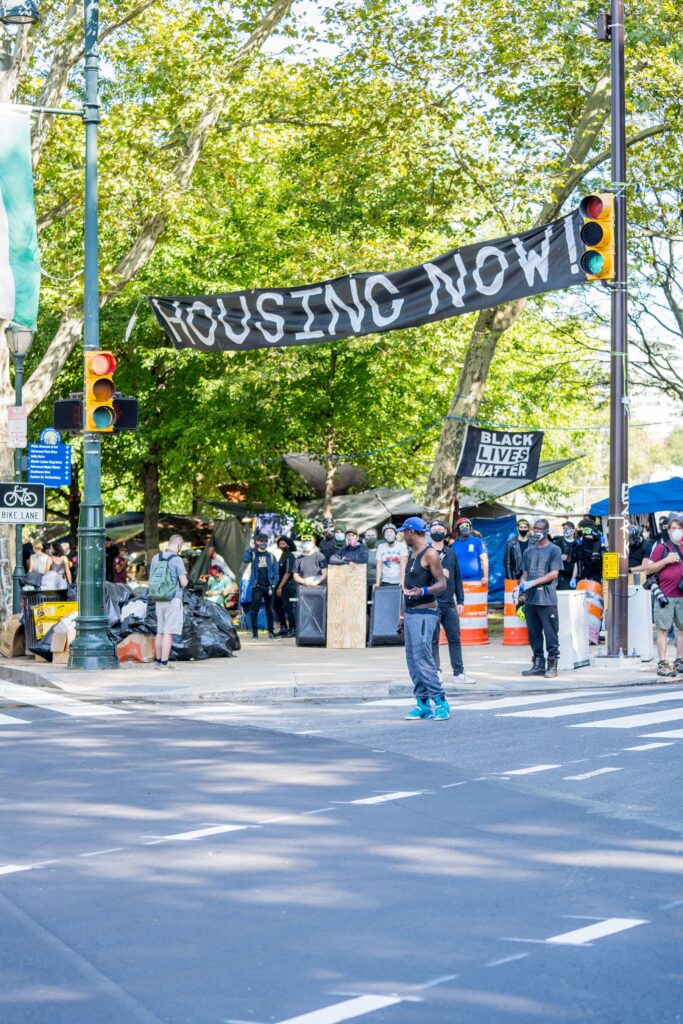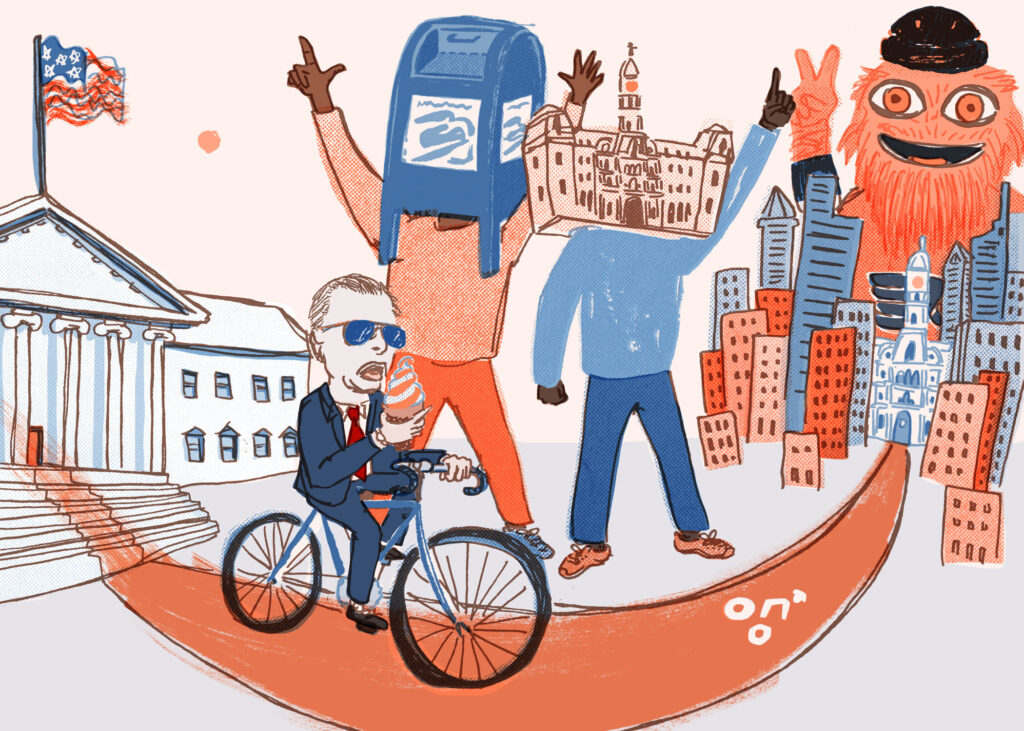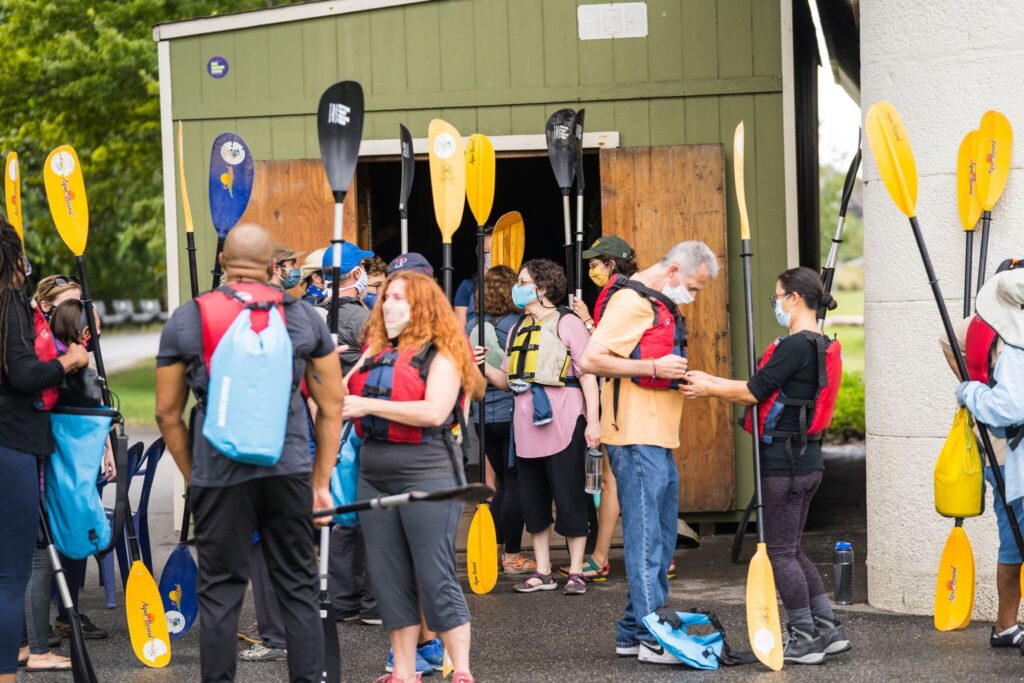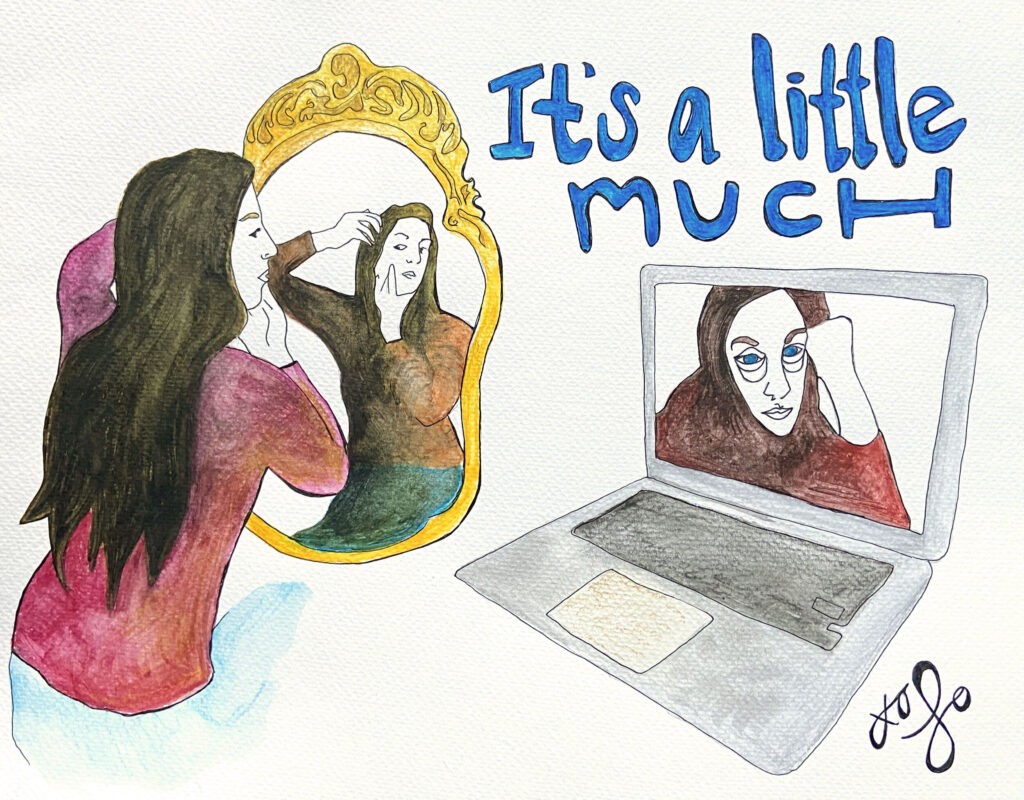On October 12, Indigenous People’s Day, radio station WURD (96.1 FM/900 AM) held an on-air Environmental Justice Summit in partnership with Bartram’s Garden and From the Source Reporting Collaborative. Part of the station’s EcoWURD initiative, the day-long summit included speakers and panels discussing high-level topics such as leadership in environmental justice as well as grassroots efforts, such as organizing to solve the city’s trash problem.
“The listeners loved it,” says Charles Ellison, executive producer of Reality Check on WURD, and managing editor for EcoWURD. “They understand that they need to be aware of these issues.”
Many listeners have told him they love the content, but environmental programming wasn’t always such a natural fit with the WURD listenership. WURD is an African-American owned and operated radio station, one of only three in the country, according to their website.
Ellison began hosting Reality Check, a talk show devoted to current events and public policy, in 2017. From the beginning he made sure to include environmental topics.
“I talk about the environment in one form or another every day, so everyone who listens to Reality Check knows that Charles is the environmental guy. At first the WURD audience was hearing this environmental thing, they were asking, ‘Why are you talking about the environment? That’s a white people issue,’” recalls Ellison. “I would say, ‘No, it’s not. We’re on the front lines of this issue.’”
The EcoWURD initiative started in 2018, with a grant from Civil, an organization that attempted to fund local journalism with crypto-currency donations. Civil has since folded, but that initial grant enabled WURD president and CEO Sara Lomax-Reese to launch an environmental initiative.
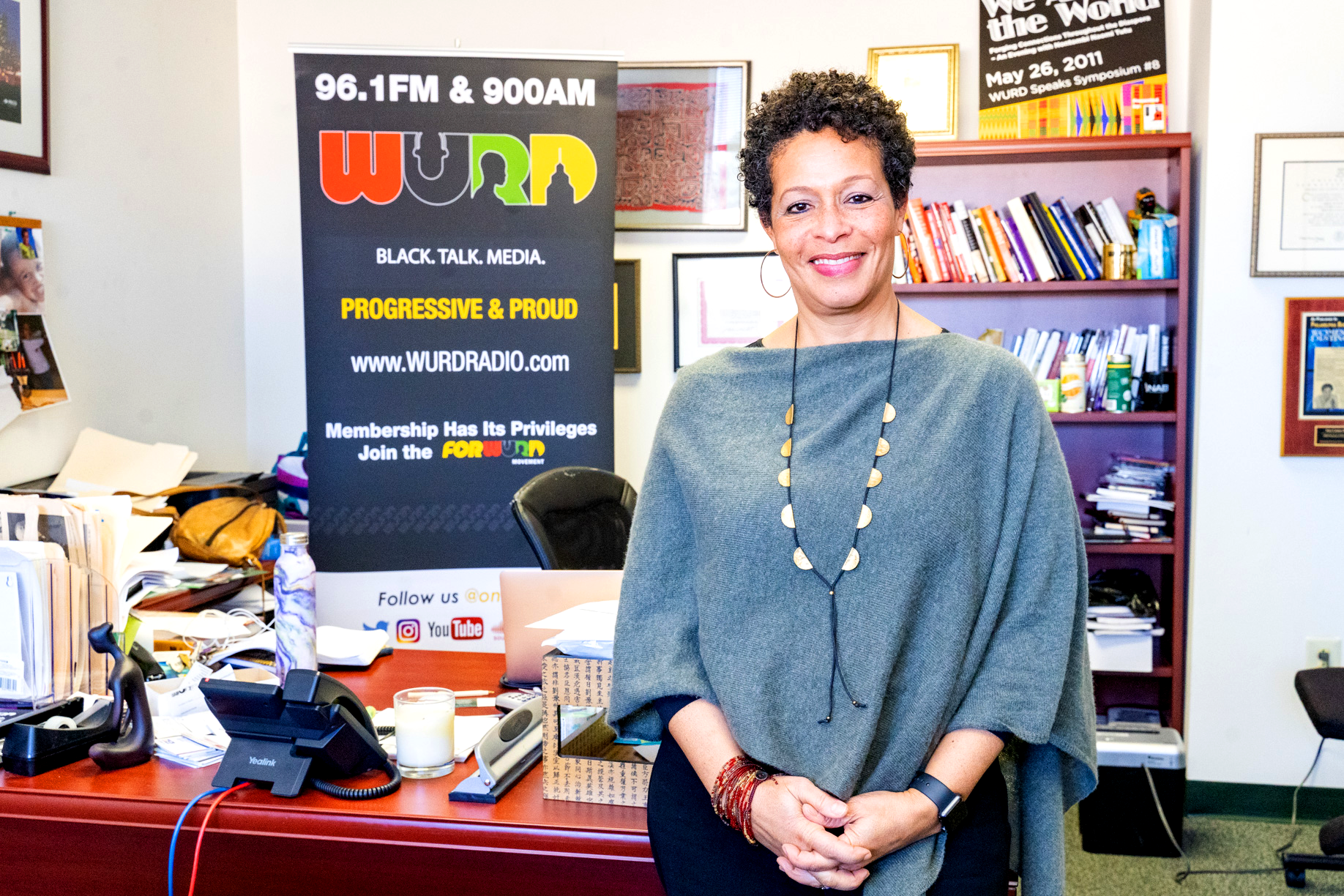
“I felt like for several reasons this space around environmental justice and climate change as it relates to the Black community in Philadelphia was wide open,” Lomax-Reese says. “That space had traditionally been carved out for white progressive hipster types. There was a real opening for us to connect the dots for our community in a way to be culturally relevant.”
Issues of environmental injustice are personal for the EcoWURD team. Ellison’s mother, who lived near the Philadelphia Energy Solutions (PES) refinery, died from cancer in 2010.
“I started talking to other people involved with community efforts dealing with the refinery,” Ellison says. “I wondered, ‘What if this was a part of it?’”
Lomax-Reese explains further.
“When we look at the PES refinery, a lot of the toxic plants that are spewing all of this pollution, unfortunately they’re situated next to a lot of Black low-income communities,” Lomax-Reese says. “You have high rates of asthma, cancer, learning difficulties, things like that—that only now are being directly tracked to the environment, the air we’re breathing, the water we’re drinking, the soil. All that is being affected by the pollution that’s in our environment, so all of this stuff has a disparate impact on Black communities.”
Project manager Jeannine Kayembe agrees that talking about this impact is important. “I’m directly affected by some of these issues,” she says.
EcoWURD content appears across multiple platforms. Once a week, Reality Check focuses entirely on environmental issues, which also get coverage in written posts on ecowurd.com. For example, the July 29, 2020 show discussed research showing Black and other people of color were less likely to live in places with access to nature.
The EcoWURD team seeks to expand their audience through live events (in-person prior to the COVID-19 pandemic) including visual and performing arts. In October 2019, for example, they held an environmental justice summit at Bartram’s Garden’s HarvestFest.
“WURD demographics are [usually age] 45-70,” says Kayembe, who previously managed Life Do Grow Farm in North Philadelphia (Grid #64, August 2014). “My goal is to create dynamic programming so that young people in the 18-35 [age] group can get this information as well. ”
At the October 12 event, organizers were amazed at the turnout, says Maitreyi Roy, Bartram’s executive director.
“It was clear that WURD’s reach into the African-American community is deep and the dialogue that they presented was really meaningful on many levels,” she says.
She says Bartram’s was happy to collaborate as the venue for the summit.
“We wanted to become part of the neighborhood’s dialogue, part of the neighborhood’s interest in the environment,” says Roy. “All of those conversations have a place at the garden, especially because you’re surrounded by productive land, the tidal Schuylkill, but also a community where the challenges, like air quality [and] community health issues, are quite apparent.”
Ellison sees the impact of EcoWURD’s programming now echoing in public policy discussions around the fossil fuel industry.
“It’s a really interesting kind of dynamic, a shift we’re seeing,” Ellison says. “WURD is the station that the Black super voters listen to. That’s why the politicians in Philly … fear WURD. So City Council, why are you voting to build natural gas plants in Philadelphia? What’s that all about? Now they’re having this really intense conversation.”
Lomax-Reese agrees the program is pushing the Black community to ask important questions.
“We have an opportunity to really underscore that we are in fact the ones who are most affected, disparately impacted [by environmental issues],” Lomax-Reese says, “So we have to pay attention and demand better, because it’s not going to go away by not talking about it, or [by] letting the conversation be dominated by people who are not invested in our community.”


